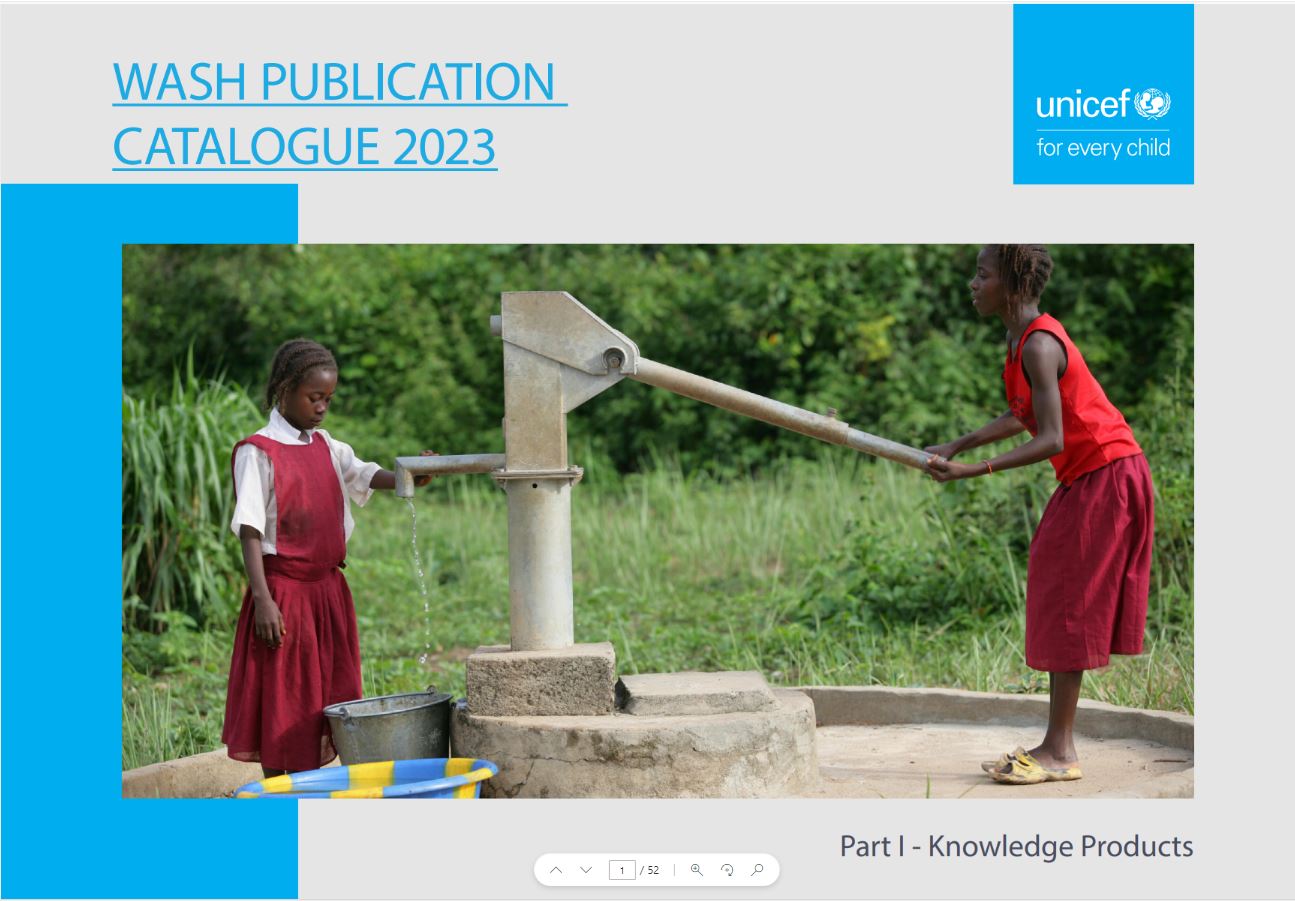main navigation start
Toggle navigation
- Resources
- Search
main content start
Search Filters
Sharex Sites List
Topics
Topics
- Accountability (3)
- Adolescents (36)
- Birth Registration (1)
- Breastfeeding (20)
- Cash Transfer (2)
- Child and youth participation (13)
- Child Health (234)
- Child labour (4)
- Child marriage (18)
- Child Poverty (10)
- Child Protection (49)
- Children in alternative care (5)
- Child Rights (17)
- Climate, Energy and Environment (47)
- Community engagement (89)
- Convention on Child Rights (2)
- COVID-19 (122)
- Data/Evidence (114)
- Disability (95)
- Disaster Risk Reduction (14)
- Discrimination (2)
- Early Childhood Development (55)
- Education (28)
- Emergency Response (2)
- Female genital mutilation (25)
- Gender (49)
- Gender Based Violence (17)
- HIV/AIDS (41)
- Humanitarian Response (10)
- Immunization (131)
- Infant and Young Child Nutrition (18)
- Innovation (35)
- Justice for children (4)
- Knowledge Exchange and Sharing (34)
- Knowledge Management (41)
- Legal identity (3)
- Maternal Health (55)
- Mental Health (26)
- Migrant and displaced children (12)
- Migration (10)
- Newborn Health (60)
- Nutrition (156)
- Online protection (1)
- Partnerships (8)
- Peacebuilding (2)
- Polio (6)
- Poverty (1)
- Psycosocial support (7)
- Sexual exploitation and abuse (11)
- Sexual Violence (9)
- Social Behaviour Change (58)
- Social Policy (20)
- Social Protection (15)
- Social service workforce (81)
- Sustainable Development Goals (8)
- Technology for Development (13)
- UNICEF Programming (37)
- UN Water Conference (6)
- Urban (8)
- Violence against children and women (15)
- Violence in schools (2)
- (-) Water. Sanitation and Hygiene (194)
Resource Type
Document Type
- Academic journal articles (including pre-print submissions) (0)
- Agreements (1)
- Case studies, lessons learned, field notes (84)
- Corporate reporting (0)
- Data set (0)
- Evaluations (4)
- Forms and templates (0)
- Guidelines/SOPs/checklists (7)
- Human Interest Stories (0)
- Major publication (flagship, advocacy etc.) (7)
- Meeting documents and reports (6)
- Mobile Application (0)
- Monitoring reports (1)
- Newsletters (0)
- None (2)
- Online learning/e-learning course (0)
- Other technical publications and reports (7)
- Policy brief/briefing notes/fact sheets/FAQs (12)
- Posters, brochures, pamphlets, flyers (2)
- Presentation (1)
- Research report (16)
- Situation analyses (2)
- Situation reports (6)
- Speeches and Statements (1)
- Staff working paper/discussion paper (2)
- Strategies and Frameworks (7)
- Systematic reviews, knowledge mappings, evidence synthesis (0)
- Technical note (4)
- Toolkit/Toolbox (3)
- Training materials (19)
- Video (0)
Country
Published Date Range

Major publication (flagship, advocacy etc.)
This catalogue is a comprehensive overview of UNICEF’s knowledge work throughout 2023. It highlights
our commitment to capturing, documenting and sharing knowledge and evidence, recognizing them as
...

Case studies, lessons learned, field notes
CEWAS has been engaged by UNICEF to conduct the assignment ‘Evidence generation for KRC8 Innovative Finance, specifically the Regional Revolving Fund for Sanitation (LRFP – _2021 – _9172173)’ in April...

Case studies, lessons learned, field notes
This technical report analyses the Regional Revolving Fund for Sanitation for the case of Ghana and provides insights on how to scale the RRFS throughout the country to support the achievement of SDG6...

Case studies, lessons learned, field notes
The report first provides a snapshot of the current sanitation situation in Nigeria, the key action to end open defecation and provide improved sanitation for all, including a map of the evolution of ...

Technical note
A preliminary assessment was conducted to assess the need of governments to provide sustainable financing for safely managed sanitation in order to achieve the Sustainable Development Goals (SDGs) in ...

Other technical publications and reports
Realizing its commitment to providing universal access to sanitation, the Government of Indonesia aims to shift from open defecation free into safely managed sanitation as the national plan for sanita...

Case studies, lessons learned, field notes
The development of WASH in Schools (WinS) in Indonesia has been progressing significantly in recent years. The availability of more and better quantitative and qualitative data on WinS has raised the ...

Case studies, lessons learned, field notes
Since 2016, significant progress has been made in ensuring Water Sanitation and Hygiene services (WinS) in Indonesia. The Ministry of Education (MoEC) published a WinS SDG profile and WinS Roadmap in ...

Case studies, lessons learned, field notes
This flagship case of the ASCEND initiative is a government-led initiative on a regional standardization/ certification process for WASH in Emergencies (WiE) related trainings amongst member states of...

